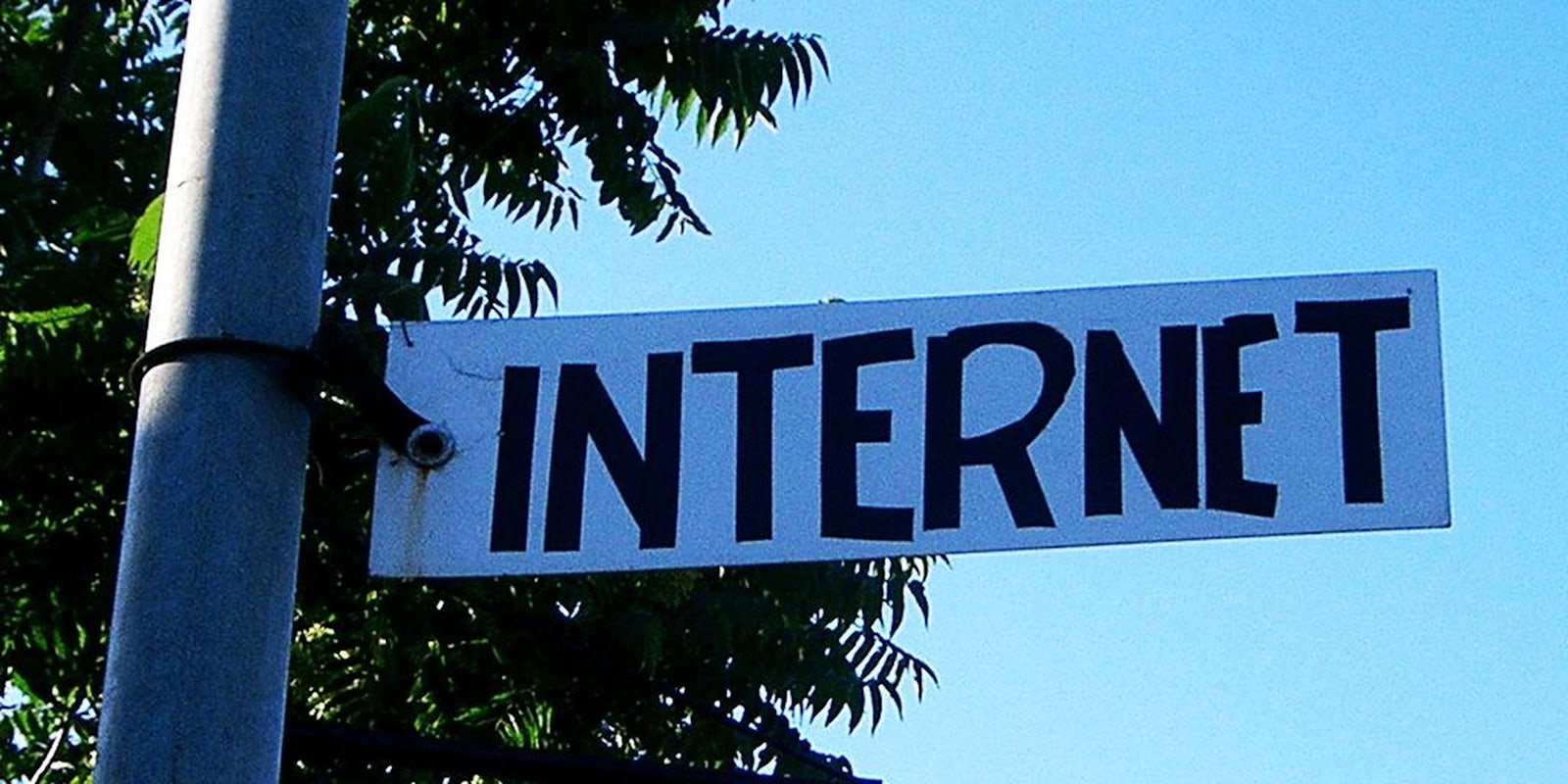Over the past year, 625,000 Comcast customers have received anti-piracy letters warning them about their online behavior, according to information obtained by TorrentFreak. The letters were sent out following the introduction of the “six-strikes” program, a collaborative effort launched a year ago by five major Internet service providers (ISPs) and representatives of the entertainment industry.
The “six-strikes” rule was adopted in February 2013 by the Center for Copyright Information (CCI), which includes the Motion Picture Association of America (MPAA), the Recording Industry Association of America (RIAA), and five ISPs, including AT&T, Cablevision, Comcast, Time Warner Cable, and Verizon.
“Six-strikes” refers to the number of warnings an Internet subscriber may receive before measures are taken to punish the user for their downloading behavior. Users who continue to behave online in a way the CCI believes infringes upon the copyrights of the entertainment industry will suffer a variety of repercussions, such as bandwidth limitations.
The number of customers who received similar letters from companies other than Comcast is currently unknown, as ISPs are not permitted to publicize data related to the six-strikes program without the explicit permission of CCI’s executives. An inquiry from TorrentFreak revealed that Comcast would neither confirm nor deny the number of customers served with a warning letter. Likewise, CCI refused to comment on the number.
Like most organizations seeking to regulate the Internet, CCI includes a board of consumer advocates responsible for weighing the effects of the program against the privacy and free speech rights of Internet customers. Upon further investigation, however, there are multiple conflicts of interest apparent in the appointment of this so-called advisory board.
According to CCI’s website, the two named members of the board are consulted by executives of the organization before new procedures are implemented by ISPs. Both individuals have ties to member parties of the CCI—and one to anti-piracy legislation the Stop Online Piracy Act (SOPA), which would have ultimately censored online speech, had it not been spectacularly defeated by a massive Internet uprising.
CCI’s advisory board includes Jerry Berman, chairman of the Congressional Internet Caucus Advisory Committee (CICAC). CICAC’s membership includes Rep. Lamar Smith, responsible for introducing SOPA into the U.S. House of Representatives, and Sen. Patrick Leahy, who co-chairs CICAC and introduced the Senate version of SOPA, the PROTECT IP Act (PIPA). The political campaigns (and associated Super PACs) of both Smith and Leahy have benefited financially from the entertainment industry, specifically by K Street lobbyists hired by the MPAA.
In 1994, Berman, then-director of the Electronic Frontier Foundation, compromised with the Clinton administration over the Communications Assistance for Law Enforcement Act (CALEA). This law would later be used to justify permanently wiretapping the Internet at the behest of the FBI. The EFF subsequently split over that decision; Berman remained in Washington, D.C., to found the Center for Democracy & Technology, while the EFF migrated to its current headquarters in San Francisco.
Jules Polonetsky, director and co-chair of Future of Privacy Forum (FPF), is also named by CCI as a member of the advisory committee. In 2008, the FPF was founded as a Washington, D.C. privacy think tank, funded by multiple corporations, including four of the five ISPs associated with the CCI.
In related news, AT&T recently developed new technology which would allow the company to track and block file-sharing users. According to documents filed with the U.S. Patent and Trademark Office, AT&T may report activity to law enforcement, or chose to keep a record of their customer’s traffic for later review.
H/T TorrentFreak | Photo via cawi2001/Wikimedia Commons


